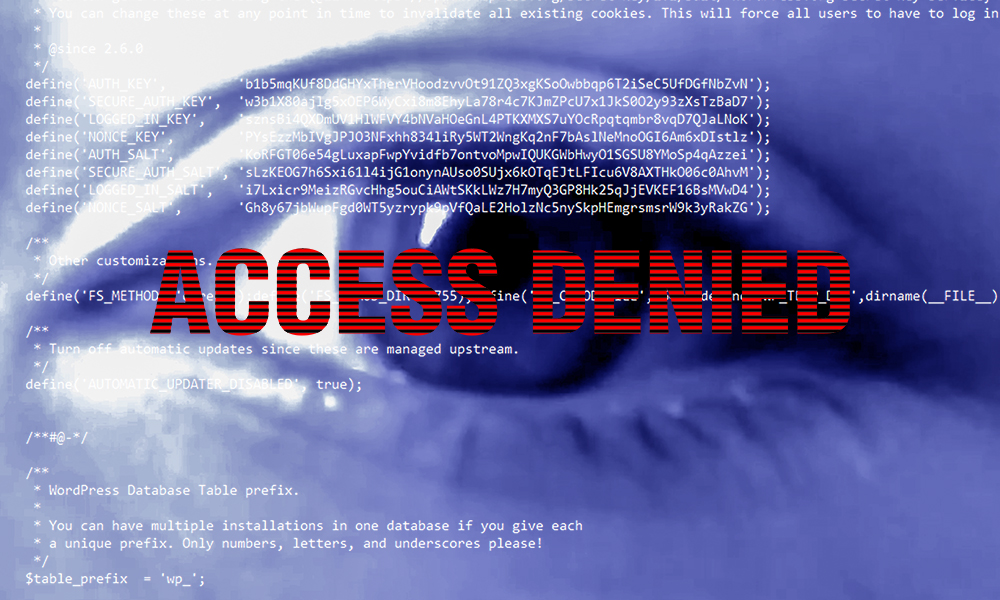UK loses £190bn a year to fraud and cyber crime
According to the Annual Fraud Indicator published by the UK Fraud Costs Measurement Committee, the UK economy lost an astonishing estimated £190 billion to fraud and cyber crime in 2017.
This shocking figure can be broken down into the following:
- Private sector fraud losses: £140 billion
- Public sector fraud losses: £40.4 billion
- Charities and charitable trust losses: £2.3 billion
- Frauds directly against individuals: £6.8 billion
This represents more than the UK Government spends on health and defence combined and equates to around £10,000 per family in the UK.
Even more worrying is that these estimates may be conservative given that many organisations and individuals prefer not to report their losses to fraud for personal or commercially sensitive reasons. People can feel embarrassed and ashamed about being defrauded, companies may decide to write off the loss to avoid any reputational damage if the fraud went public.
Protect yourself

Online fraud is now the most common crime in the UK. Due to the scale of fraud, current Government resources to tackle cyber crime are thinly spread so it is up to businesses and individuals to protect themselves in the first instance.
In most cases, this can be done by following simple guidelines such as:
- Always ensure the latest software and app updates are installed on your devices. Updates contain vital security fixes which will help keep your devices secure.
- Use a strong, separate password for each email account. Never repeat a password. Hackers rely on people being lazy, gaining access to personal or business accounts with the same password.
- Never share pin numbers or passwords and never provide them in response to a phone call or email. Genuine organisations will never ask you for these remotely.
- Never open attachments to emails that you are unsure of. Avoid opening marketing emails unless you have signed up to receive them.
- Always use a firewall when connected to the internet.
- Always have up to date antivirus/anti-malware installed.
- Secure your devices with passwords, this is especially important for portable devices such as smart phones, laptops and tablets.
- Back up your important data to the cloud or onto encrypted drives. If you fall victim to a ransomware attack, you will be able to restore your files without being blackmailed into paying to regain access to your device.
Whether business or personal, the fraudsters and cyber criminals are actively seeking to separate you from your hard earned money. It’s an arms race between those trying to protect our systems and those trying to breach them and we are only as strong as our weakest link, so be vigilant, be sensible and be careful.
For further information and advice go to https://www.cyberaware.gov.uk/
